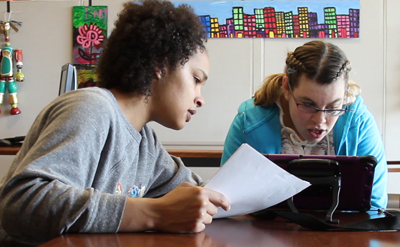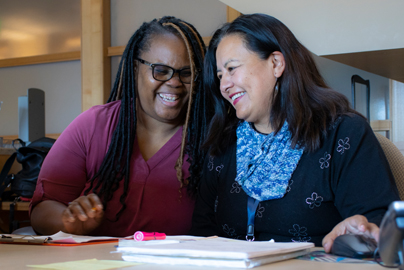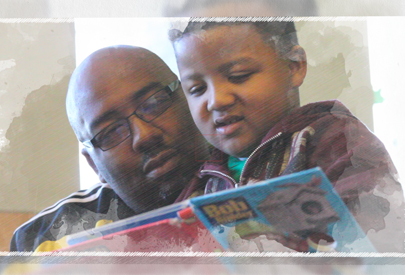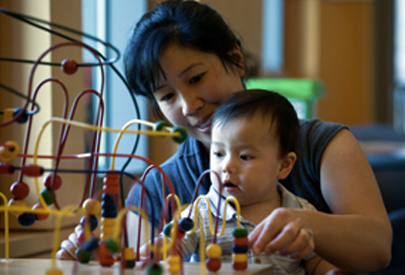Center for Excellence in Developmental Disabilities

Excellence in Developmental Disabilities
Center for Excellence in Developmental Disabilities
The University Center for Excellence in Developmental Disabilities (CEDD) at the MIND Institute links research and clinical care with our community. The CEDD offers programs to support and train clinical and community service providers, researchers, and people with developmental disabilities and their families.
-
Outreach
Take Our Survey
Take the Surveyarrow_forwardWe want to hear from you! Share your experience using the CEDD webpages by taking a short satisfaction survey.
-
Support Groups
Support Groups and Family Advocacy
Learn morearrow_forwardCEDD offers virtual and in-person support, advocacy, and information groups. Get answers to your questions from parent mentors and community and clinical providers on topics such as navigating school, therapies, in home services, and transitioning to adulthood. Learn how to advocate for services and policies. Group members are encouraged to bring related questions and share their experiences. Ongoing participation is welcome.
-
Resources
Community Engagement and Resource Center
Learn morearrow_forwardThe MIND Institute Community Engagement and Resource Center helps people with developmental disabilities and their caregivers connect to resources and support in a welcoming and easy to use space. Experienced staff provide parent-to-parent support over the phone and in person, in Spanish and English.
-
Outreach
Community Training
Learn morearrow_forwardCEDD offers training for people with developmental disabilities, caregivers, service providers, students, and professionals. Our trainings help people learn about developmental disabilities and how to provide support and services to people with disabilities. Recordings of many trainings such as the series are available on the UC Davis MIND institute YouTube Channel.
Examples of training topics include promoting inclusion of people with disabilities, basic and advanced training on specific disabilities, and medical, legal, social, and public policy issues related to disabilities.
-
ADEPT
Autism Distance Education Parent Training
Learn morearrow_forwardADEPT is a 10-lesson online training program for parents of children with autism and other developmental disabilities. The program teaches parents how to use applied behavior analysis, a method of teaching that uses rewards and consequences to help children learn skills that help them live independently and participate in daily activities.
The program is interactive and self-paced, so parents can learn at their own speed. The program includes videos, exercises, and quizzes to help parents learn the material.
There are 68 UCEDDs located in universities across the United States. Each UCEDD has a unique focus, but they all share the common goal of providing training and support, conducting research, and turning knowledge into action.
UCEDDs are funded by the Office of Intellectual and Developmental Disabilities (OIDD), part of the Administration on Community Living within the U.S. Department of Health and Human Services.
Sign up for updates!
Get news from UC Davis MIND Institute in your inbox.






